A Philosophical Dictionary, Volume 9
A Philosophical Dictionary, Volume 9
From the series The Works of Voltaire, A Contemporary Version, Vol. 13
From the French Dictionnaire Philosophique, translated by William F. Fleming. The Philosophical Dictionary is not a sustained work, but a compilation of articles contributed to Diderot's Encyclopédie. The quality of the articles bear witness to the great genius and intellect of François-Marie Arouet, more known as Voltaire.
Book Excerpt
n of Greece; those who were the most proper to receive His grace, He separated from the vulgar, to be prophets of the Greeks, in order to instruct them in their own tongue. "Has not Plato," he further says, "in some manner predicted the plan of salvation, when in the second book of his 'Republic,' he has imitated this expression of Scripture: 'Let us separate ourselves from the Just, for he incommodes us'; and he expresses himself in these terms: 'The Just shall be beaten with rods, His eyes shall be put out, and after suffering all sorts of evils, He shall at last be crucified.'"
St. Clement might have added, that if Jesus Christ's eyes were not put out, notwithstanding the prophecy, neither were His bones broken, though it is said in a psalm: "While they break My bones, My enemies who persecute Me overwhelm Me with their reproaches." On the contrary, St. John says positively that the soldiers broke the legs of two others who were crucified with Him, but they broke not those of Jesus, that the Scriptu
Editor's choice
(view all)Popular books in Philosophy
Readers reviews
0.0
LoginSign up
Be the first to review this book
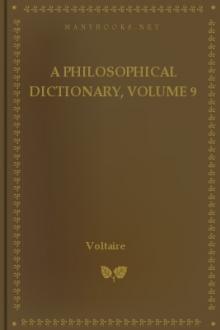
 Free Download
Free Download















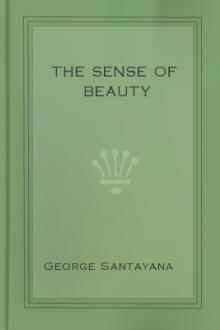
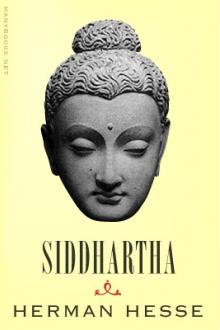

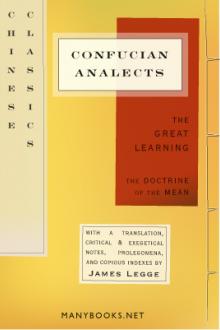
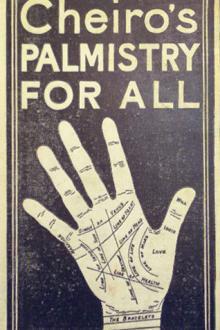
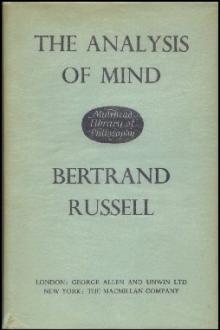
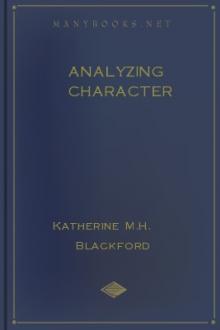
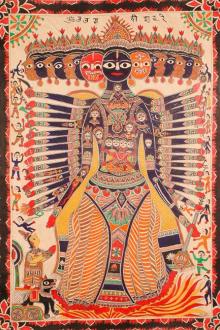

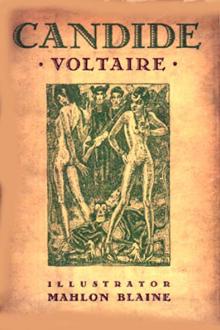
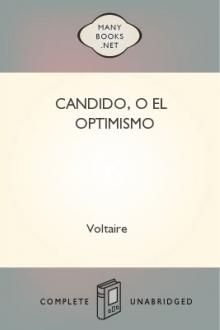

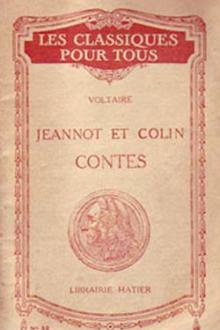

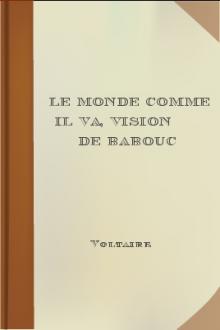

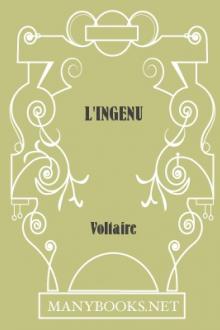
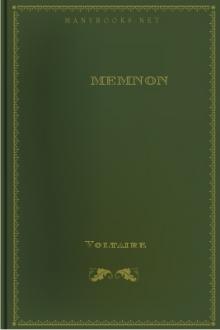
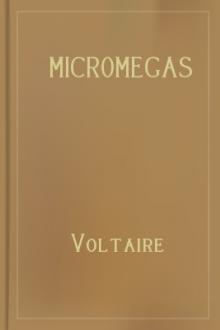
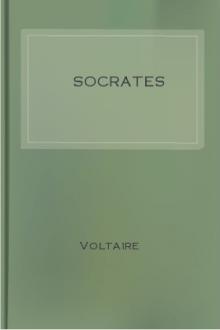
-itok=vcKIB5v1.jpg)